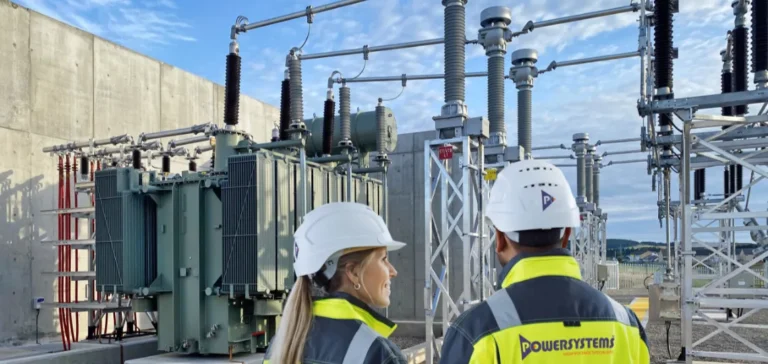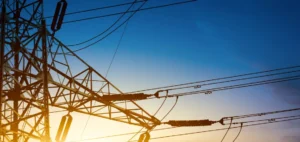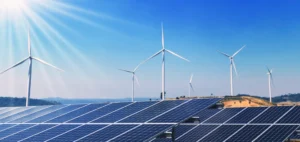The National Energy System Operator (NESO), responsible for coordinating Great Britain’s energy network, has launched a consultation to define the methodology behind its first regional strategic energy plans. Eleven documents will be developed to cover the nations and regions of the United Kingdom, adapting energy infrastructure to growing local demands.
A strategic framework for eleven regions
The plans will apply to Scotland, Wales and nine regions of England. NESO intends these plans to guide the development of gas and electricity networks to meet the specific expectations of local communities in terms of economic growth and territorial projects. These documents will be integrated into the broader national strategic energy planning, covering generation, transmission and distribution.
The methodology consultation, open since 17 November, will run until 16 January 2026. NESO aims to gather input from customers, local authorities, network operators and consumer groups to define a framework aligned with regional needs.
A preliminary phase before regulatory approval
The final methodology will be submitted for approval to the regulator Ofgem (Office of Gas and Electricity Markets) and the Department for Energy Security and Net Zero (DESNZ) in summer 2026. Once approved, it will form the basis for drafting the eleven strategic plans, which are expected to specify necessary infrastructure, priority areas and delivery timelines.
Julian Leslie, Director of Strategic Energy Planning and Chief Engineer at NESO, stated that this initiative aims to “reflect local priorities” and to “establish a secure, affordable and clean energy system.”






















